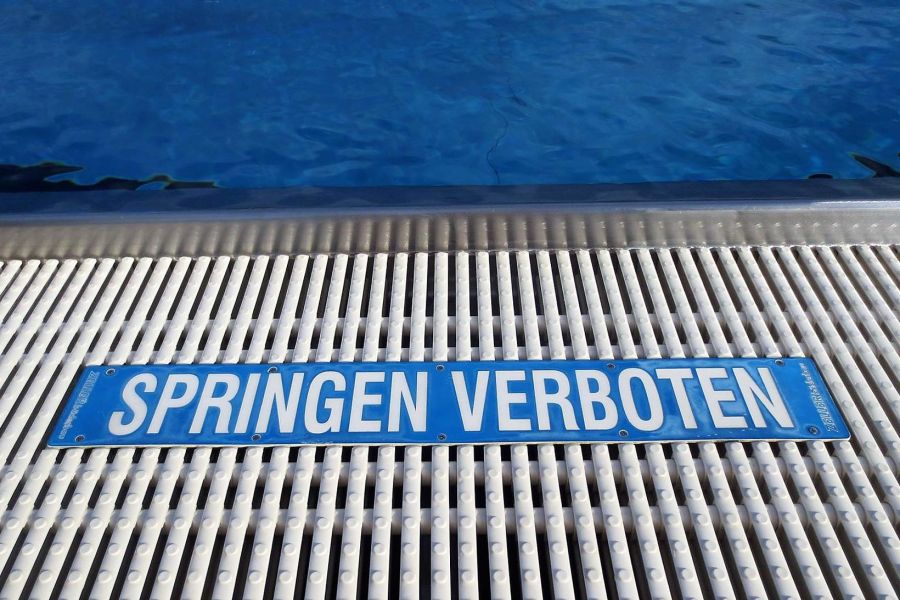Springing lien: Difference between revisions
Jump to navigation
Jump to search
Amwelladmin (talk | contribs) No edit summary |
Amwelladmin (talk | contribs) No edit summary |
||
| (One intermediate revision by the same user not shown) | |||
| Line 1: | Line 1: | ||
{{ | {{a|security|{{image|Springen-verboten|jpg|}}}}{{d|Springing lien|/ˈsprɪnʤɪŋ/ /lɪən/|n|}} | ||
A [[security interest]] that takes everyone by surprise. A [[lien]] on a debtor’s property that kicks in should a pre-defined event happen. For example, a loan may include a springing lien that requires the borrower to pledge its assets to secure the loan if the borrower's [[Ratings notches|credit rating]] is downgraded. Compare with a [[floating charge]]. | |||
}} | |||
A [[security interest]] that takes everyone by surprise. A [[lien]] on a debtor’s property that kicks in should a pre-defined event happen. For example, a loan may include a springing lien that requires the borrower to pledge its assets to secure the loan if the borrower's [[Ratings notches|credit rating]] is downgraded. Compare with a floating charge. | |||
{{sa}} | {{sa}} | ||
*[[Strange negotiation]] | *[[Strange negotiation]] | ||
*[[Security interest]] | *[[Security interest]] | ||
*{{nycsaprov|Representations}} under a {{sicsa}} | |||
Latest revision as of 10:03, 12 May 2024
|
A word about credit risk mitigation
|
Springing lien
/ˈsprɪnʤɪŋ/ /lɪən/ (n.)
A security interest that takes everyone by surprise. A lien on a debtor’s property that kicks in should a pre-defined event happen. For example, a loan may include a springing lien that requires the borrower to pledge its assets to secure the loan if the borrower's credit rating is downgraded. Compare with a floating charge.
See also
- Strange negotiation
- Security interest
- Representations under a security interest CSA
